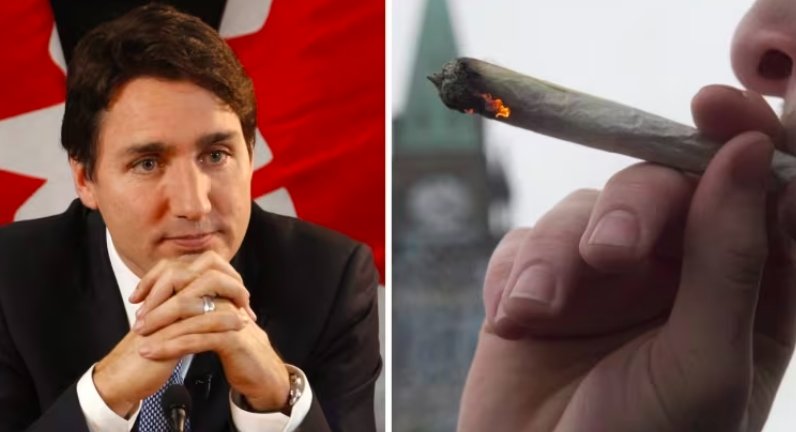In an era where the legalization of cannabis in Canada has become a reality, Prime Minister Justin Trudeau reflects on the journey that led here. Initially, there were concerns that this move might violate international treaties, but these fears have proven to be unfounded.
The Prelude to Legalization
The path to legalizing cannabis was fraught with speculation about international repercussions. Critics worried that Canada would face sanctions or backlash for contravening global drug control agreements. Yet, as Trudeau pointed out, the anticipated problems never materialized.
The nation watched as the legal market unfolded smoothly, debunking myths and fears. The shift brought relief to the justice system and provided a regulated, safer source of cannabis, dismantling the illicit market’s hold.

The International Stage
Canada’s bold step raised eyebrows across the globe, but it also set a precedent. Other countries are now observing and learning from Canada’s example. The move has sparked a global conversation about drug policy reform, with Canada at the forefront.
Trudeau’s government faced criticism for potentially breaching international treaties. However, the lack of negative consequences has highlighted the need for modernizing outdated international laws that do not reflect contemporary views on cannabis use.
The Ongoing Journey
While the initial concerns about international law have been allayed, the conversation continues. Canada’s experience serves as a case study in balancing national sovereignty with international obligations, and the world is taking note.
The legalization of cannabis in Canada is more than a domestic change; it’s a signal to the world that progress sometimes requires challenging the status quo. As Trudeau emphasizes, there’s still work to be done, but the foundation for a new era of drug policy has been laid.



